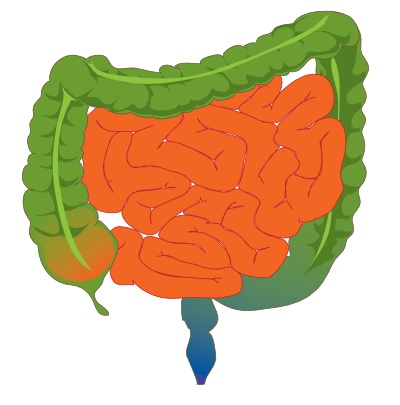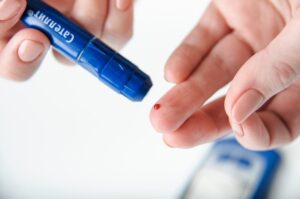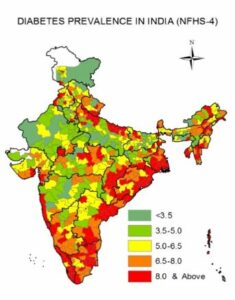Vaccine For Stomach Bug Also Shields babies from Type 1 Diabetes

By News Desk, Neucrad Health India June 24, 2019
Recent research shows that babies getting vaccinated against rotavirus by administering prophylactic drops during the first month of their life have a reduced chance of developing Type 1 diabetes at a later stage. A recent study conducted by the research team of the University of Michigan suggests that individuals can cut down the risk of Type 1 diabetes by as much as 33 per cent after getting the complete course of rotavirus vaccination between the second and fourth month of life. It is a great relief for people across the globe as Type 1 diabetes is a life-long medical condition without any cure. Currently, there is no vaccine or any other preventive measures available to keep this disease at bay. Scientists have published the result of this study in the journal Scientific Reports.
What is the function of the Rotavirus Vaccine?
The Centres for Disease Control and Prevention (CDC) recommends that all children between two to four months to get the rotavirus vaccine. This pathogen is notorious for spreading diarrhoea among babies causing watery stool, vomiting, fatigue, loss of appetite, and abdominal cramps. Children tend to become dehydrated due to continuous loss of water through vomiting and stool. If they do not get rehydrated immediately by administering Oral Rehydration Solution (ORS) or intravenous replacement of fluids, then it can turn fatal. CDC advocates two types of oral rotavirus vaccines in the United States. RotaTeq® (RV5)- administered in 3 doses at 2, 4, and 6 months of babies. Rotarix® (RV1)- given at 2 and 4 months. The infants should get their first dose of rotavirus vaccine before 15 weeks, and all the doses should get completed before they attain turn 8 months old. This vaccine is in oral drops form so that babies can directly swallow them after getting administered.
What is the relation between the rotavirus vaccine and the risk of Type 1 Diabetes?
Scientists have found that administration of rotavirus vaccine lowers the hospitalisation rate of kids due to diarrhoea by a staggering 94 per cent. It also diminishes hospitalisation among babies by an impressive 31 per cent for any reason within two months of receiving the injection. Dr Mary Rogers, Associate Professor at the University of Michigan, validated this research and said that there is a decline in Type 1 diabetes among infants receiving rotavirus vaccine. However, she pointed out that right now, they require more research and analysis in this field since it is not possible to confirm a trend unless studies are conducted among a large group of population. Another group of scientists also executed research in this field among Australian children. They also noticed a sharp 14 per cent drop in Type 1 diabetes after the administration of rotavirus vaccine.
What does the laboratory tests suggest about the relationship between rotavirus infection and Type 1 diabetes?
The laboratory studies also support the relationship between rotavirus infection and developing Type 1 diabetes since rotavirus and diabetes both target the same insulin-producing beta cells present in the pancreas. The death of these cells from rotavirus infection prevents the pancreas from producing inulin and thus resulting in Type 1 diabetes. The kids developing this condition remain dependant on insulin injection throughout their life. They can also develop complications in their eyes, heart, kidneys, and nerves.
How did the Michigan Team conduct the research?
The University of Michigan research team took anonymous insurance data of approximately 1.5 children in the United States born before and after 2006 when the government introduced the rotavirus vaccination. The result reflected that about 540,000 kids in the study-group were born after 2006, and received the complete set of the vaccine. 141,000 children received only one dose of rotavirus vaccine, and over 246,000 infants did not receive any dose of the vaccine. Dr Rogers suggested that with each passing year, there were eight fewer cases of Type 1 diabetes among 100,000 children after full vaccination. Since juvenile diabetes only affects a small group of children in the entire population, it is beneficial if scientists use data from a large group of population. Dr Rogers also added, five years down the line, they would attain more comprehensive data on this subject.









